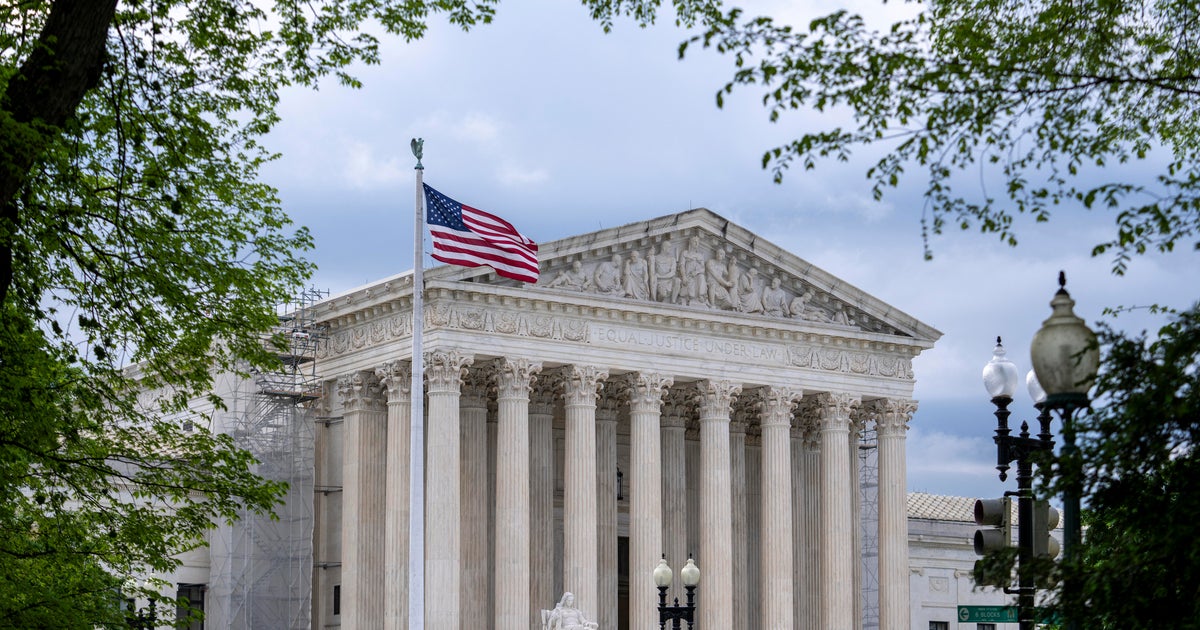
Supreme Court turns away challenge to Maryland assault weapons ban
CBSN
Washington — The Supreme Court on Monday declined to take up a challenge to Maryland's ban on so-called assault weapons, allowing legal proceedings to play out in the dispute.
By not stepping into the legal battle at this time, Maryland's law remains in place for now. The ban's challengers had asked the Supreme Court to take up their case before the U.S. Court of Appeals for the 4th Circuit ruled on whether the restriction is allowed under the Second Amendment. The full 4th Circuit heard arguments in late March, but has yet to issue a decision. The dispute is likely to end up back before the Supreme Court once the appeals court rules.
Maryland's ban on certain semiautomatic rifles was enacted in the wake of the 2012 shooting at Sandy Hook Elementary School in Newtown, Connecticut. Under the law, it is a crime to possess, sell, transfer, or purchase an "assault long gun," which encompasses 45 specific weapons or their analogues. A variety of semiautomatic handguns and rifles are still allowed, according to the Maryland State Police.
